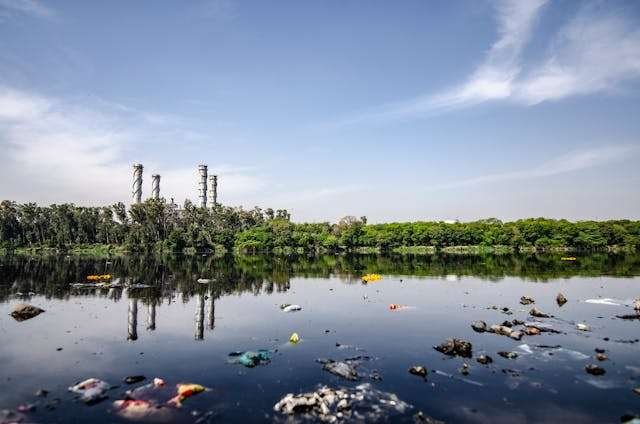India’s water crisis, an introduction! India, a land of diverse cultures and landscapes, is facing an unavoidable water crisis in 2024. Depleting water levels in various cities across the country have escalated into a severe predicament, threatening the livelihoods and well-being of millions.
In this blog, GD Water Consult comments on the alarming statistics and numbers that highlight the gravity of the situation.

India’s Water Crisis: Depleting Water Levels
- Mumbai: The financial capital of India, Mumbai, is grappling with a significant decline in water levels in its reservoirs. According some reports water levels in lakes such as Powai, Vihar, and Tulsi have plummeted to alarming levels, with a recorded decrease of around 40% compared to the previous year.
- Chennai: The southern metropolis of Chennai is no stranger to water woes, and 2024 has only worsen the situation. The city relies heavily on the four main reservoirs—Chembarambakkam, Poondi, Red Hills, and Cholavaram—for its water supply. However, due to deficient monsoon rains and poor water management, these reservoirs are running dry, with water levels reaching critically low points of less than 10% of their total capacity.
- Delhi: The national capital, Delhi, is facing a looming water crisis as its major water sources, including the Yamuna River and groundwater reserves, continue to deplete rapidly. Reports indicate that groundwater levels in several parts of the city have dropped significantly, leading to increased dependence on water tankers and dwindling water availability for both domestic and agricultural purposes.
- Bengaluru: Known as the Silicon Valley of India, Bengaluru is reeling under the impact of depleting water levels in its lakes and reservoirs. The city, which once boasted of a thousand lakes, now struggles to meet its water demands due to unchecked urbanization, pollution, and encroachment. Lakes such as Bellandur and Varthur have become infamous for their polluted waters, further exacerbating the water crisis in the region.
Consequences of India’s Water Crisis
- Water Scarcity: The depleting water levels have resulted in acute water scarcity in urban and rural areas alike, forcing residents to queue for hours to access potable water. Agriculture, a backbone of India’s economy, is also suffering due to inadequate irrigation facilities and water supply, leading to crop failures and financial distress for farmers.
- Health Concerns: With limited access to clean drinking water, communities are vulnerable to waterborne diseases such as cholera, typhoid, and diarrhoea. The lack of adequate sanitation facilities further exacerbates health risks, especially among children and the elderly.
- Economic Impact: The water crisis is taking a toll on India’s economy, with industries facing disruptions due to water shortages. Power generation, manufacturing, and tourism sectors are particularly vulnerable, leading to job losses and economic instability in the affected regions.
Conclusion: India’s Water Crisis
The depleting water levels in various cities across India paint a grim picture of the looming water crisis in the country. Urgent measures are needed to address the root causes of water depletion, including sustainable water management practices, conservation efforts, and investments in water infrastructure. Failure to act decisively could have far-reaching consequences for India’s future generations, underscoring the need for immediate and concerted action to mitigate the water crisis.
NOTE: The information provided in the blog about the water crisis in India is based on general knowledge and trends observed up to January 2022. The details about water scarcity in various cities, such as Mumbai, Chennai, Delhi, and Bengaluru, are commonly reported issues in news articles, government reports, and studies on water management and environmental conservation.
Additionally, the consequences mentioned, such as water scarcity, health concerns, and economic impacts, are well-documented effects of water crises and have been widely discussed in scientific literature and media coverage.
Follow GD Water Consult on Instagram